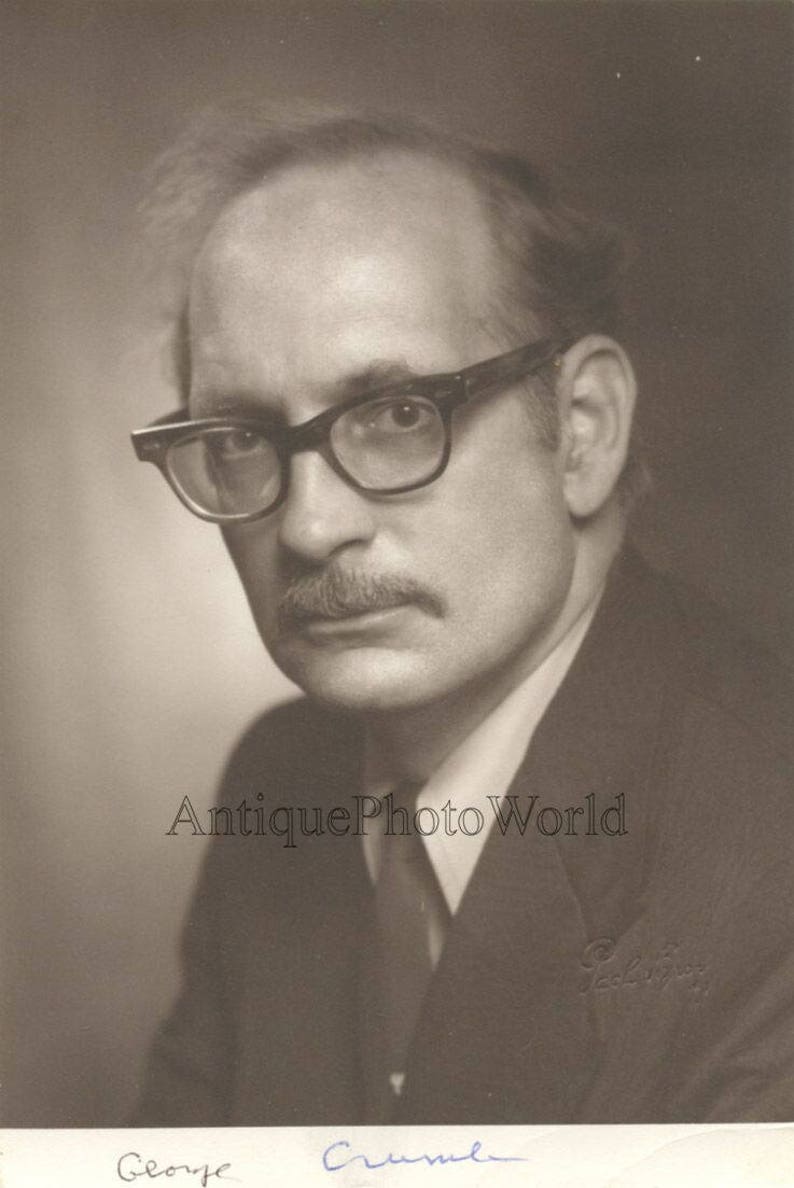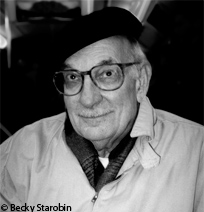

During the summers, she also taught at the Aspen Music Festival, where she was Artist in Residence from 1973 until her death. In 1973, she was appointed a professor of voice at the Eastman School of Music in Rochester, New York, where she remained on the faculty until her death. She also appeared with the Chamber Music Society of Lincoln Center and with Speculum Musicae.Īlways an intelligent performer, Jan DeGaetani had a voice with great expressive range she was one of the rare singers of contemporary music to garner not only critical praise, but also popularity with the general public. Her regular appearances with the Contemporary Chamber Ensemble evoked many fine performances, including A. Bach at the Baldwin-Wallace College Bach Festival.ĭuring her career, Jan DeGaetani appeared with most of the major English and American orchestras, usually in works by contemporary composers, including the New York Philharmonic Orchestra, Philadelphia Orchestra, Berliner Philharmoniker, BBC Symphony Orchestra, and Chicago Symphony Orchestra, and made numerous recordings with them and in chamber ensembles. In 1982 she performed several works of J.S. On the other end of the spectrum, DeGaetani was also a noted performer of the medieval ( Play of Herod) and Renaissance repertoire. Her interpretive skills also lent themselves to songs in her native tongue of English, such as songs of John Dowland, Aaron Copland's 12 Poems of Emily Dickinson, and the songs of Stephen Foster and Charles Ives. Her talent at foreign languages also made her an accomplished interpreter of German Lieder and French mélodies she sang and recorded works by composers such as Hugo Wolf, Hector Berlioz, and Gustav Mahler and was noted for her intelligence and skillful analytical interpretation. Although best known for her singing of contemporary music, she sang a wide variety of music. Uncommonly for a singer of her caliber (though her voice was not as powerful as most), Jan DeGaetani rarely appeared in opera, instead concentrating on solo recital work in the art song literature. (Due to its use of atonality, wide range, and virtuoso techniques such as sprechstimme, all while requiring a lyrical sensibility, it is exceptionally difficult to sing.) Her recording of Arnold Schoenberg's song cycle Pierrot lunaire is one of the classic recordings of the piece. She has also sung the premieres of works by Peter Maxwell Davies ( A stone litany Black Pentecost), Richard Wernick ( Visions of wonder and terror), William Schuman ( In sweet music), and Elliott Carter ( Syringa).

Her collaboration with George Crumb was a fruitful one and many of his works were written for her. Her international reputation was established when she sang the premiere of George Crumb's Ancient Voices of Children in 1970 at the Library of Congress in Washington, D.C. Jan DeGaetani was best known for her wide range, precise pitch, clear tone, and command of extended techniques that made her voice perfectly suited to the demanding style of modern and avant-garde vocal composition. Jan DeGaetani made her debut in New York in 1958.

The Americam mezzo-soprano, Jan (Janice) DeGaetani, studied voice at the Juilliard School of Music in New York with Sergius Kagen.


 0 kommentar(er)
0 kommentar(er)
